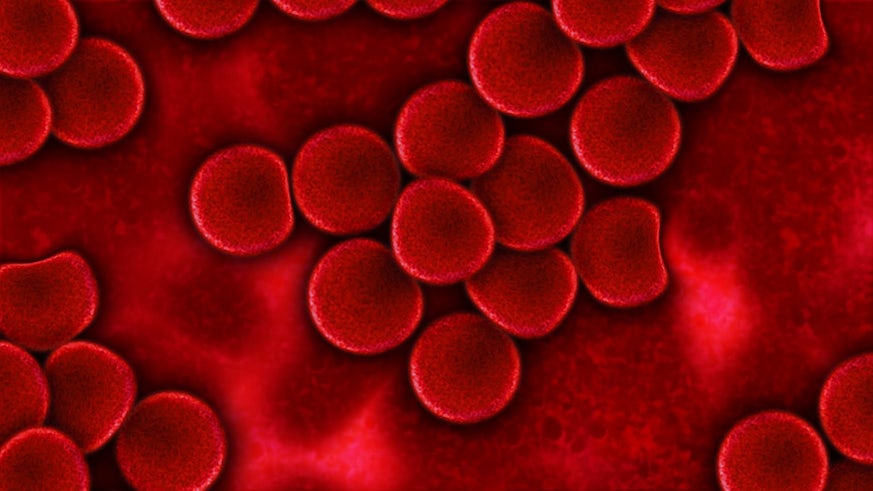Potential for new therapies to target acute myeloid leukaemia
27 August 2019

Eight people are diagnosed with acute myeloid leukaemia in the UK each day, accounting for over 2000 deaths each year. But a new potential therapeutic target has been uncovered, which could help improve future treatments.
Scientists from Cardiff University have identified a biological molecule, Gata2, which could provide new avenues for developing effective therapies for acute myeloid leukaemia.
The European Cancer Stem Cell Research Institute at Cardiff University focuses on targeting cancer stem cells, a small population of cells in a cancer that are responsible for growth, spread and relapse of a cancer. By targeting these cells, the Institute aims to improve cancer therapies in the future.
Dr Neil Rodrigues, the European Cancer Stem Cell Research Institute, said: “Acute myeloid leukaemia is a rare type of cancer, with around 3,000 people diagnosed in the UK each year. It progresses quickly and aggressively and usually requires immediate treatment.
“Our research has identified a new potential therapeutic target that could effectively treat cancer stem cells in this type of leukaemia.”
Dr Rodrigues’ laboratory used models of cancer to investigate the role of Gata2 in acute myeloid leukaemia, finding that it was key to many processes involved in the production of normal blood cells, as well as playing a role in key behaviours of stem cells involved in acute myeloid leukaemia.
“We found that Gata2 was critical in the regulation of cancer stem cells, and has a role in processes that could be exploited therapeutically to target cancer stem cells in acute myeloid leukaemia.
“This work now lays the foundations to allow researchers to design new drugs to target Gata2, either directly or indirectly, which will hopefully lead to improved therapies for this poor prognosis cancer,” added Dr Rodrigues.